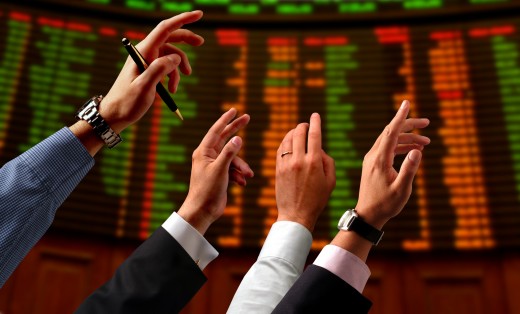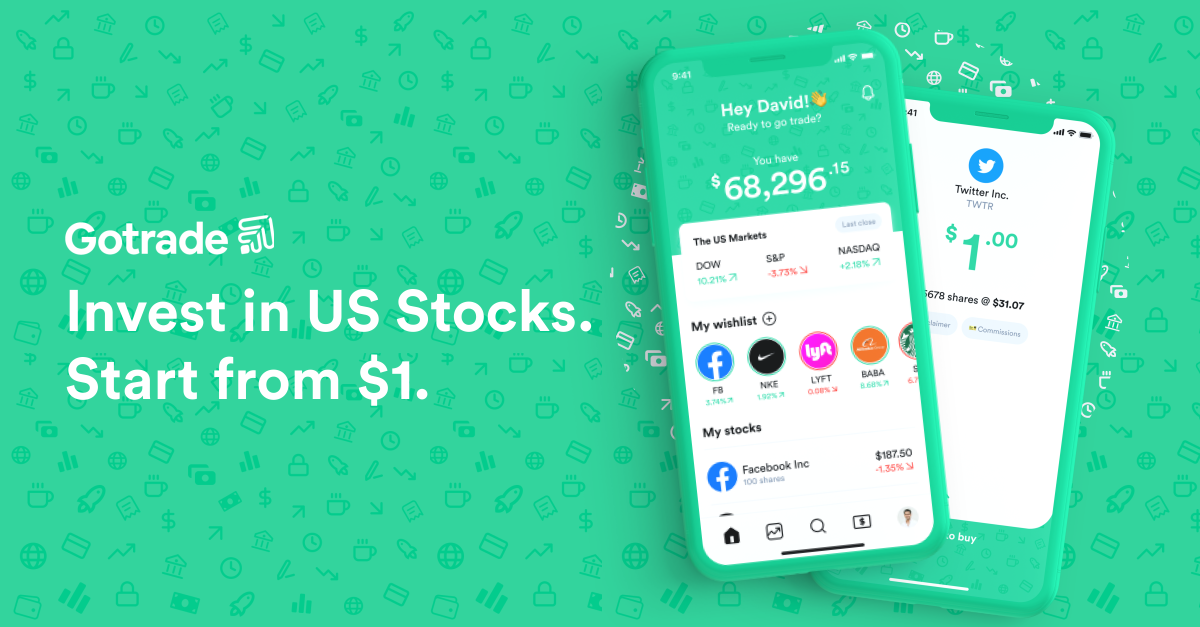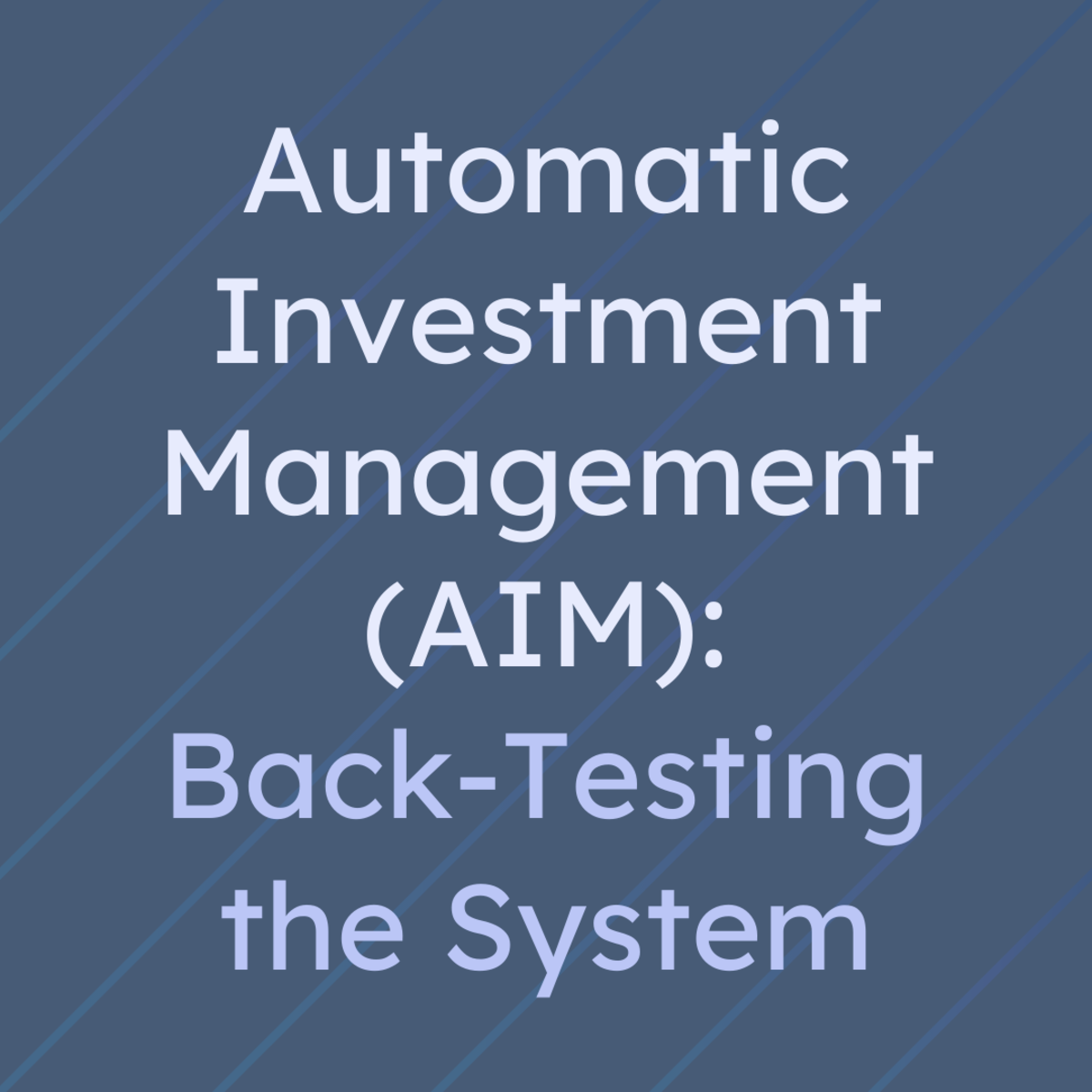Investing In Stock Markets Has Always Been a Risky Business
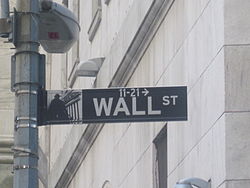
Why are We Supporting People Who Don't Support Us
Stock markets have been known to crash over many periods since Wall Street was founded. The beginning of Black Monday in 1929 all the way up to the crisis of 9/11. Stock market crashes are social phenomena where external economic events combined with behavior and psychology, drives more market participants to sell. Generally speaking, crashes usually occur under the following conditions: a prolonged period of rising stock prices and economic optimism and a market where P/E ratios exceed long-term averages.
In every presidential election the stock markets have been known to decline when democrat candidates have been elected.
However with every cent that you place in the stock market, you are playing with fire. You are entrusting your money to someone else who has billions of dollars already hoping they will make you rich. When they make bad business decisions and are forced to pack their bags and leave, all the money you have invested is pretty much gone.
You would be better off putting your money in a money market account then investing in the stock market. The risk far out way the profits. No one in this day and time is going to get rich quick off of stock market investments. In the long run you will not get back nearly what you are investing.
Some people think that they are wise and invest wisely in good companies only to find out 20 years later that company wasn't so good after all.
If your total 401k is invested in stocks, you would be better off placing them in a money market account or an IRA, then relying on the stock market to make you money for your retirement. Let's face it companies that are already rich are offering stocks to the public to get richer as a portion of your money goes to that company.
Stop giving them your money and put it in a savings plan. In the long run you would be better off saving your money then investing it.
I did an experiment over a six month period and bought stocks through ING. I invested in SP500 and Nike. I bought 10 shares of each stock. These are companies doing really well so it seemed. At the end of the six months I had made no money from either stock and actually lost more then I ever expected. These were reliable companies. When I sold my stocks they were only worth about 3/4 of what I had bought them for. In the long run they got my money and I got nothing. I now have a money market account that earns interest and is making me money for my retirement.
Why Do Markets Crash
How to Prevent A Crash In the Stock Market
Preventing a Crash
Since the stock market crashes of 1929 and 1987, measures have been put in place to prevent crashes due to panicked stockholders selling their assets in a fire sale. One method is to implement trading curbs, or circuit breakers, which prevent any trade activity whatsoever for a certain period of time following a sharp decline in stock prices, in hopes of stabilizing the market and preventing it from falling further. For example, the United States has a set of thresholds in place to guard against crashes. If the Dow Jones Industrial Average (DJIA) falls 2,400 points (threshold 2) before 1:00 p.m., the market will be frozen for an hour. If it falls below 3,600 points (threshold 3), the market closes for the day. Other countries have similar measures in place. The problem with this method today is that if one stock exchange closes, shares can often still be bought or sold in other exchanges, in which case the preventive measures can backfire.
Another way of stabilizing the market is for large entities to purchase massive quantities of stocks, essentially setting an example for individual traders and curbing panic selling. However, these methods are not only unproven, but may not be effective. In one famous example, the Panic of 1907, a 50% drop in stocks in New York set off a financial panic that threatened to bring down the financial system. J. P. Morgan, the famous financier and investor, convinced New York bankers to step in and use their personal and institutional capital to shore up markets.
Stock market crashes wipe out equity-investment values and are most harmful to those who rely on investment returns for retirement. Although the collapse of equity prices can occur over a day or a year, crashes are often followed by a recession or depression. (investopedia)
The Panick of a Wallstreet Crash
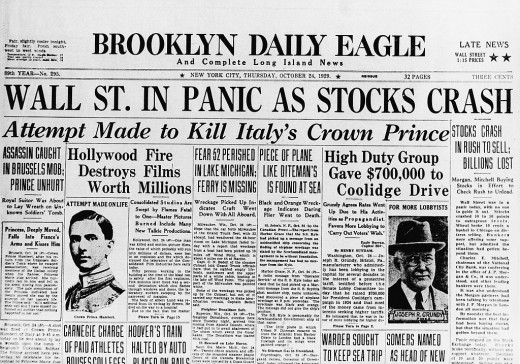
The Best Stocks to Buy in 2017
Most of us feel better investing in our own stocks, however international stocks should not be excused. Many other countries are better off financially in stocks then the United States.
We all know that Amazon is a good stock to buy but you will pay up to 200 dollars a share. With eBay coming in second which emerged from Latin America. These two combined with Nasdaq and the Dow are sure to make you money over time. When you look at the points at the end of the day when trading is over you must make the decision to sell or keep investing. Companies sometimes take a nose dive into the dust leaving all their stock holders penniless.
Index funds are on a roll. Funds that passively track indexes are popular because they’re cheaper than the alternatives run by active money managers, and the robotic, rules-driven funds often outperform their human rivals, too.
In fact, passive funds will swallow up the US stock market before too long, according to Pictet Asset Management (paywall). Index trackers currently hold more than 40% of US stocks, according to Pictet’s analysis, and if the present rate of growth continues they could eventually own everything by 2030, or perhaps a bit before. Passive funds now control more than 30% of all US assets. (Quartz Media)
The challenge, of course, is identifying the best stocks within these developing markets those that possess both dominant competitive positions and massive untapped market opportunities. Fortunately, we can invest in one such business today but tomorrow it will be gone.
As in any business, stock markets are risky business. You can't just decide you are gonna throw a hundred dollars in a stock and expect to make triple that by the end of the day. It doesn't work that way unfortunately.
Baby Steps of the Stock Market
Before You Invest Research
I can not impress upon you enough to do your research before investing in the stock market. The stock market that is up 4 points today, might be down 20 points tomorrow. It is best to let a broker invest your money because they deal with the stock markets on a daily basis.
You also must research your stock broker also. How long has he/she been in the stock trade? How do they fare in finding the best stocks to purchase. Financial planners and stock brokers know which stocks are going to make you and them money. They don't want to lose out on money either. But you must reseach them because there are many scam brokers out there also. You shall reap what you sow.
Invest when it's best.
